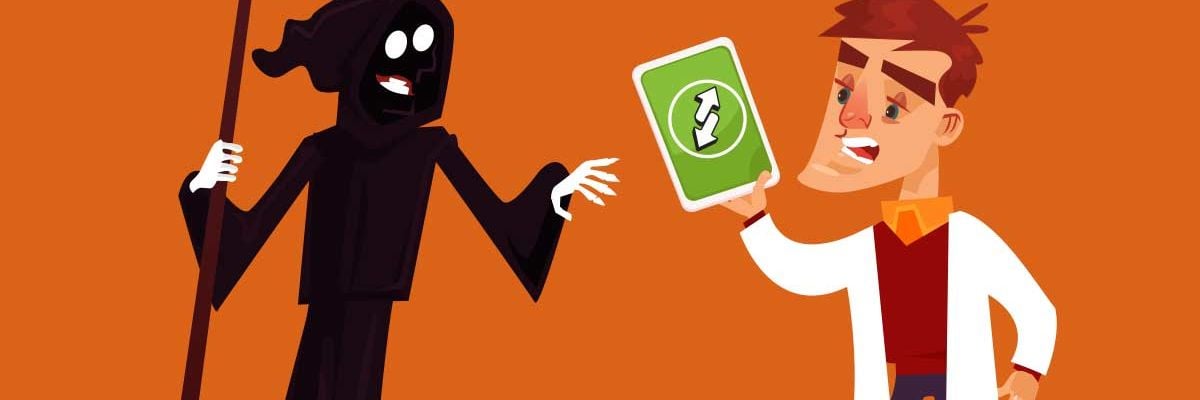- Feb 5, 2002
- 166,616
- 56,253
- Country
- United States
- Faith
- Catholic
- Marital Status
- Married
- Politics
- US-Others
Popular Mechanics recently re-shared an article on social media with the audacious title, “A Groundbreaking Scientific Discovery Shows that We Can Reverse Death.” Is that true?
It depends on how you understand death. In the old days, it was relatively easy to determine whether someone was dead: he stopped breathing and his pulse disappeared.
That was a useful way of determining death because breathing is necessary to get oxygen to the blood, and a beating heart is necessary to push oxygen-laded blood to the cells of the body. Without that happening, every cell in the body would die.
Of course, mistakes could be made. Someone might be breathing really shallowly, and he might have only a faint pulse, but if he really stopped breathing and his heart really stopped, he was dead. End of story.
Things got more complex in the twentieth century. Techniques became available to keep someone breathing and to restart his heart.
In the 1950s, ventilators were introduced. These are machines that act like bellows to move air in and out of the lungs.
Also in the 1950s, the first (external) mechanical hearts became available, and by 1960, cardiopulmonary resuscitation (CPR) could help keep blood moving during a cardiac arrest, adrenaline could encourage the heart to resume beating, and defibrillators could hopefully shock it back into a normal rhythm.
All this raised the question of whether people who met the previous definition of death (no breathing and no heartbeat) should be considered dead.
By the late 1960s, a new criterion was proposed: absence of brain activity. This could make sense because a functioning brain was needed to keep things like breathing and hearts going without mechanical aid.
Continued below.

 www.catholic.com
www.catholic.com
It depends on how you understand death. In the old days, it was relatively easy to determine whether someone was dead: he stopped breathing and his pulse disappeared.
That was a useful way of determining death because breathing is necessary to get oxygen to the blood, and a beating heart is necessary to push oxygen-laded blood to the cells of the body. Without that happening, every cell in the body would die.
Of course, mistakes could be made. Someone might be breathing really shallowly, and he might have only a faint pulse, but if he really stopped breathing and his heart really stopped, he was dead. End of story.
Things got more complex in the twentieth century. Techniques became available to keep someone breathing and to restart his heart.
In the 1950s, ventilators were introduced. These are machines that act like bellows to move air in and out of the lungs.
Also in the 1950s, the first (external) mechanical hearts became available, and by 1960, cardiopulmonary resuscitation (CPR) could help keep blood moving during a cardiac arrest, adrenaline could encourage the heart to resume beating, and defibrillators could hopefully shock it back into a normal rhythm.
All this raised the question of whether people who met the previous definition of death (no breathing and no heartbeat) should be considered dead.
By the late 1960s, a new criterion was proposed: absence of brain activity. This could make sense because a functioning brain was needed to keep things like breathing and hearts going without mechanical aid.
Continued below.

Can Science Reverse Death?
Popular Mechanics recently shared an article claiming audaciously that, thanks to science, "We Can Reverse Death.” Is that true?

